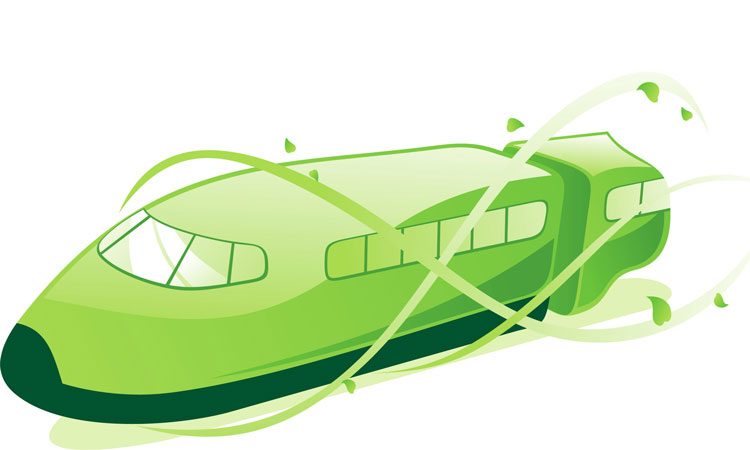Study shows potential introduction of hydrogen-powered trains in Europe
Posted: 20 May 2019 | Global Railway Review | No comments yet
The study shows that hydrogen technology provides a flexible, zero-emission and potentially cost-competitive solution underpinning clear business cases to replace diesel trains.


A new study commissioned by the Fuel Cells and Hydrogen Joint Undertaking (FCH JU) and Shift2Rail Joint Undertaking (S2R JU) analyses the opportunities to enable a larger introduction of fuel cells and hydrogen (FCH) technologies within the European railway market. The study shows significant market potential for FCH technologies in the rail environment.
The study on the use of fuel cells and hydrogen in the railway environment assesses the state of the art, the business case, the market potential, ten specific case studies and the main barriers to the use of FCH technologies in different rail applications.
Bart Biebuyck, Executive Director of FCH JU, said: “Hydrogen is one of the best technologies to decarbonise transportation, providing an attractive alternative to many cities and regions struggling to combat air pollution. Various regions in Europe have shown interest in the potential of fuel cell and hydrogen technologies for trains, in particular where other electrification alternatives have proven unfeasible to reach the environmental and a zero-emission objectives set up for rail operations.”
Carlo Borghini, Executive Director of S2R JU, commented: “The analysis finds that the global FCH train market development activities are currently concentrated in Europe. This is encouraging as it puts Europe at the forefront of FCH train technology, which constitutes a significant potential for the European FCH industry. The rail system transformation initiated with the establishment of the Shift2Rail Programme, driven by sustainability, digitalisation and automation, creates new market opportunities for the competitiveness of the rail industry globally.”
Hydrogen trains are equipped with fuel cells that produce electricity through a combination of hydrogen and oxygen, a process that leaves water as the only emissions. They are a green, quieter alternative to diesel on non-electrified railway lines.
The analysis of ten selected case studies across Europe revealed attractive use cases and potential boundary conditions for FCH technologies in the rail environment. Finally, several barriers were identified that must be overcome in order to unlock its full potential. Three targeted research and innovation (R & I) topics have been proposed as the means to tackle the most important of these barriers.
Multiple units, shunter locomotives and freight locomotives are three applications evaluated in the study. Some cases already show a positive Total Cost of Ownership (TCO) for fuel cells, while in other applications fuel cells are recognised as the most adequate zero-emission alternative.
Global Railway Review Autumn/ Winter Issue 2025
Welcome to 2025’s Autumn/ Winter issue of Global Railway Review!
The dynamism of our sector has never been more apparent, driven by technological leaps, evolving societal demands, and an urgent global imperative for sustainable solutions.
>>> Read the issue in full now! <<<
Related topics
Digitalisation, Electrification & Cabling, Funding & Finance, Infrastructure Developments, Signalling, Control & Communications, Sustainability/Decarbonisation
Related organisations
Europe’s Rail Joint Undertaking (EU-Rail), Fuel Cells and Hydrogen Joint Undertaking (FCH JU)








